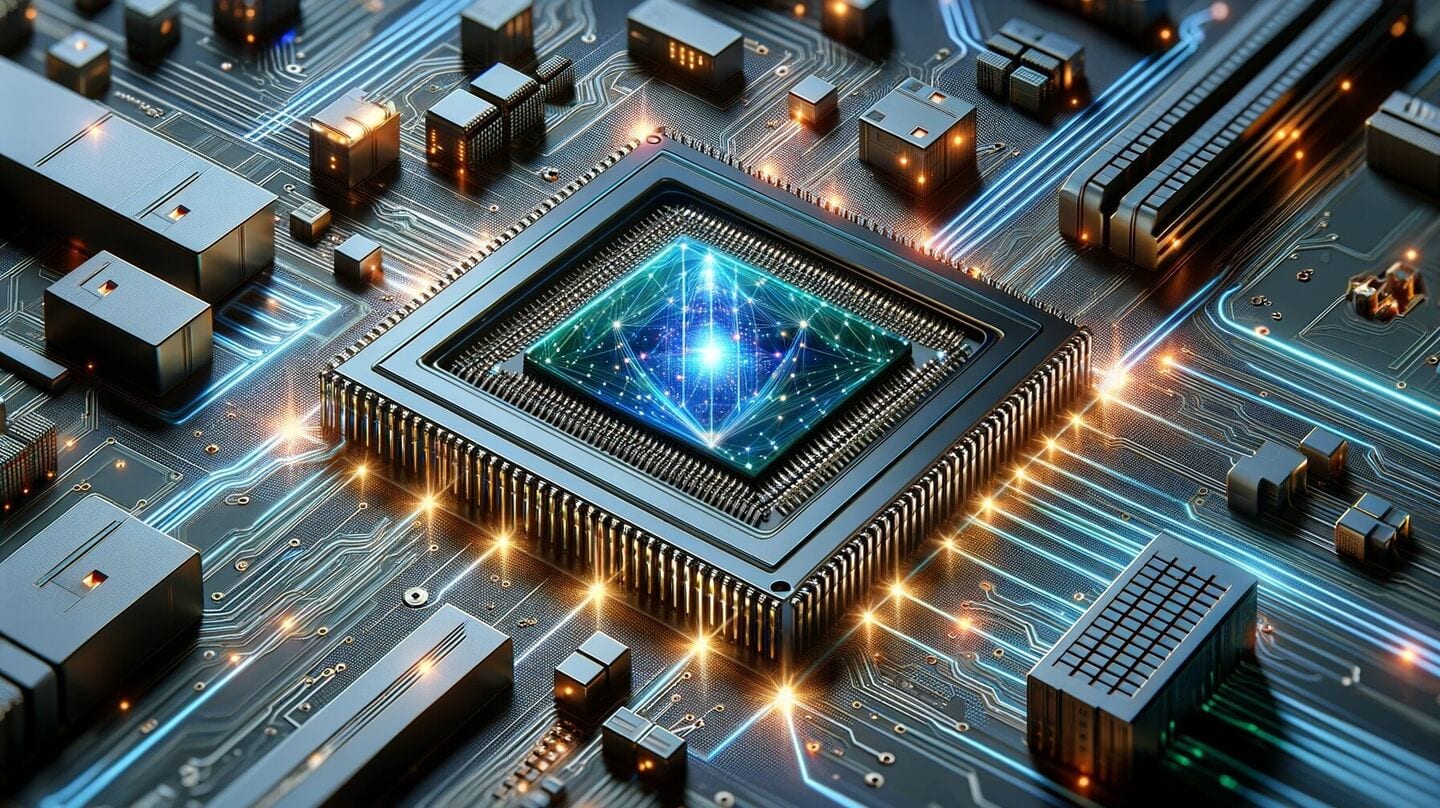
These new chips don't use electricity—They compute with light
What's the story
Two US-based tech start-ups, Lightelligence and Lightmatter, have taken a major leap in computing by introducing photonic chips—computer processors that use light, not electricity, to perform calculations.
These new chips promise faster, more energy-efficient solutions for real-world problems like artificial intelligence and data analysis.
The developments were separately reported in journal Nature, marking a major step forward in the field of computing technology.
Innovation
Light-based chips: A revolutionary step in computing
Traditional computers convert incoming light signals into slower electronic signals that travel through transistors to perform calculations.
In contrast, the new devices from Lightelligence and Lightmatter directly manipulate light to perform mathematical operations, specifically matrix multiplication, a cornerstone of AI processing.
While these initial implementations still incorporate electronic components for other calculations, the light-based core for intensive tasks marks a significant departure from conventional architectures.
Innovation
Lightmatter's processor was able to run ChatGPT
Lightelligence's device, called PACE, combines a photonic and electronic chip to improve computation for optimization problems important in finance, manufacturing, and shipping sectors.
Meanwhile, Lightmatter's more flexible processor combines four light-based chips with two electronic ones.
This setup was able to run mainstream AI technology including large language models like ChatGPT as well as a deep learning algorithm that trained on games like Pac-Man.
Solution
Addressing Moore's law limitations with photonic computing
As traditional chip advancements driven by Moore's Law begin to hit physical limits, these new developments arrive at a critical moment.
The need for faster, more efficient computing—particularly for AI—continues to accelerate, making alternative technologies like photonic chips increasingly important.
Nick Harris, CEO of Lightmatter, noted that Moore's law has hit its limit owing to the physics of electricity traveling through transistors.
He said, "Computers based on regular electronic chips are not going to be getting better."
Performance
Photonic components outperform electronic chips
Anthony Rizzo, a Dartmouth College photonics engineer, who wasn't involved in either study, said, "light-based or photonic components can do things that we care about and they can do them better than electronic chips that we already have."
This indicates a major performance benefit of these new laser light-based chips over the conventional electronic ones.
Challenges
Overcoming challenges with photonic processors
One of the biggest challenges with photonic processors has been accuracy, given the huge range of values light signals can take.
Lightmatter addressed this by stacking electronic chips on top of its photonic ones to carefully control incoming and outgoing data, thereby minimizing errors.
Harris stressed that their new processor "is not a lab prototype," but rather "a new type of computer" available for use.